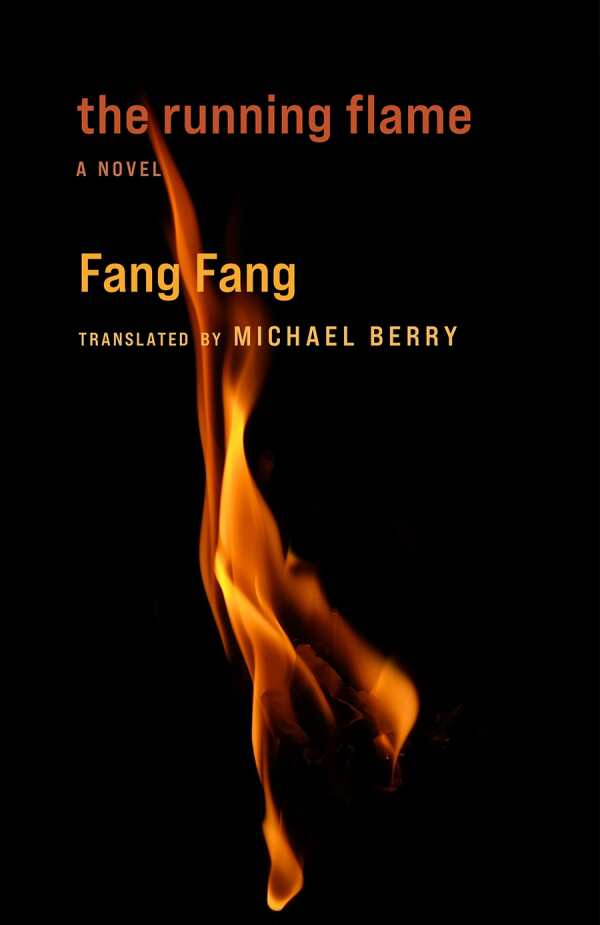The Running Flame
Revenge, murder, and gender-based hypocrisy in communist China drive the unsentimental narrative of Fang Fang’s short novel The Running Flame.
Yingzhi lives in a small village in the Chinese countryside. Desiring more than what her village can offer, she searches for a way to live an independent life. Opportunity knocks when she is discovered as a singer and starts making money on her own. Her dreams are derailed, though, when she meets Guiqing and becomes pregnant. The two are forced to marry. Instead of leaving the countryside behind, Yingzhi moves in with her unappreciative parents-in-law.
Guiqing proves to be a good-for-nothing gambler who demands that Yingzhi respect him as if he were the breadwinner. With the encouragement of his parents, the situation between Guiqing and Yingzhi escalates and turns violent. Desperate to flee, Yingzhi returns to her family, but they refuse to welcome her back. When Gingqui shows up at her family’s door, intending to burn down Yingzhi’s childhood home, Yingzhi makes the fateful decision to douse Gingqui with his own gasoline and set him on fire.
Yingzhi narrates, her tone straightforward as she works to set the record straight from prison. She awaits execution for Guiqing’s death. Sans foreshadowing, exposition, and insights into people’s internal states, she records the reprehensible actions and abrasive personalities of others. This results in a narrative with neither heroes nor victims. All bump up against social restrictions and the hypocrisy of the communist party’s rhetoric on gender equality. The afterword includes some historical and political context to background the sparse narrative, though.
In the shocking novel The Running Flame, people fight to carve out lives on their own terms within the overbearing confines of totalitarian structures.
Reviewed by
Erika Harlitz Kern
Disclosure: This article is not an endorsement, but a review. The publisher of this book provided free copies of the book to have their book reviewed by a professional reviewer. No fee was paid by the publisher for this review. Foreword Reviews only recommends books that we love. Foreword Magazine, Inc. is disclosing this in accordance with the Federal Trade Commission’s 16 CFR, Part 255.

